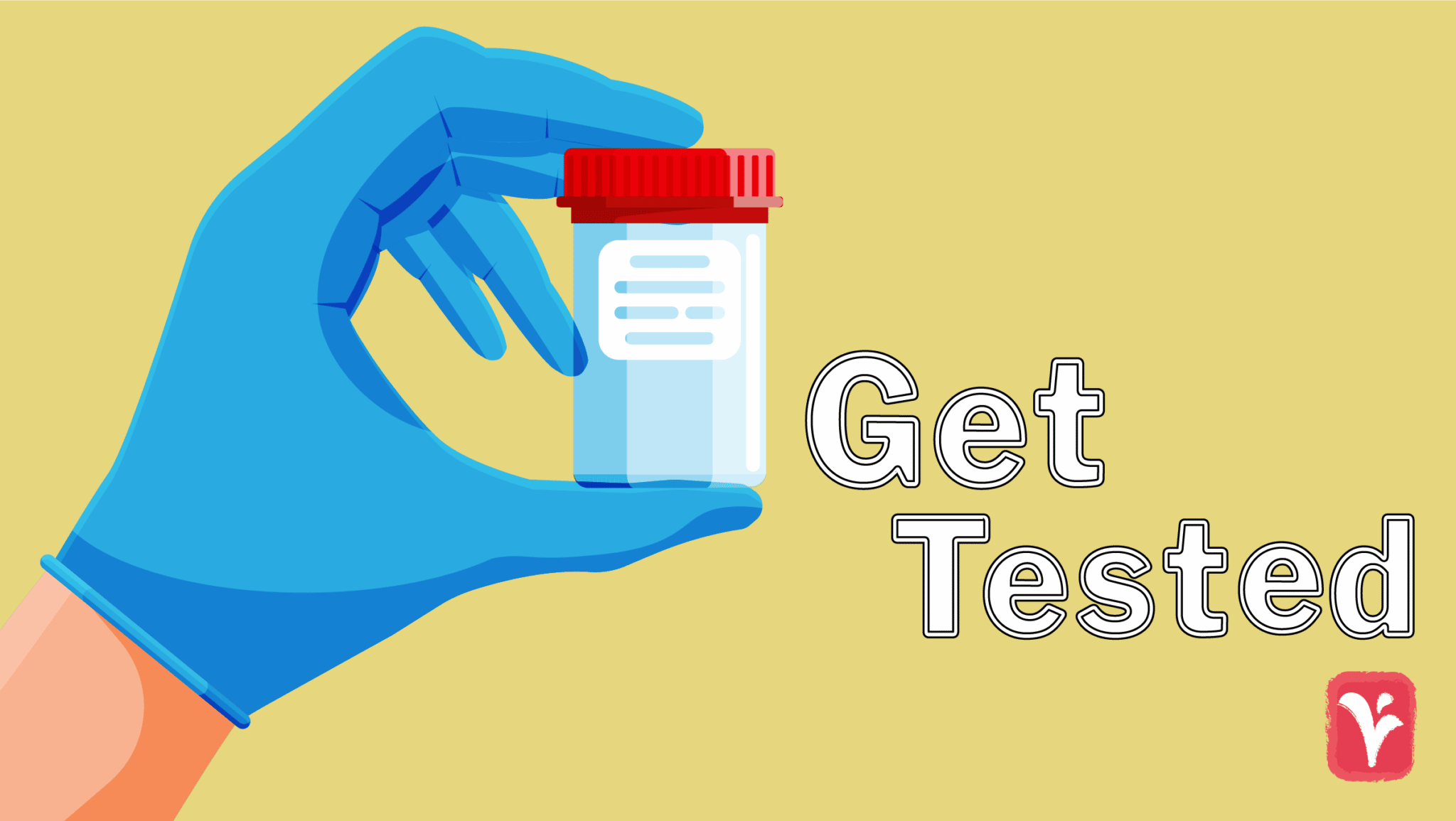A Pap smear, also known as a Pap test, is a medical procedure that involves collecting cells from the cervix to screen for cervical cancer or other abnormalities. This test is an essential part of preventive healthcare. Pap screenings can detect early signs of cancer. Early detection allows for prompt treatment and increases better health outcomes. At Austin Women’s Health Center, we provide patients with routine Pap smears.
The cervix is the lower neck-shaped part of the uterus that connects to the vagina. During a Pap smear, a healthcare provider will use a speculum, or duck-bill-shaped device, to gently open the vagina and view the cervix. A soft brush or small spatula-like tool is then used to collect cells from the cervix, which are then sent to a laboratory for analysis.
The Pap test is named after the Greek doctor George Papanicolaou, who first introduced the test in the 1940s. Papanicolaou observed that cancer cells could be detected in cervical cells and developed a method to examine these cells under a microscope. The Pap test is still used today for its ability to detect cell changes and diagnose the need for treatment.
The Pap test is typically recommended for people assigned female at birth (AFAB) starting at age 21 or earlier if they are sexually active. People with cervixes between the ages of 21 and 29 should have a Pap smear every three years. After age 30, people should have a Pap test and an HPV test every five years. Those who have had a hysterectomy may not need Pap tests, but this depends on the type of hysterectomy and whether the cervix was removed.
The Pap smear is a simple and quick procedure. It may cause mild discomfort or a sensation of pressure for a few moments, but it should not be painful. It is important to avoid sexual intercourse, using tampons, vaginal creams, or medications for at least 24 hours before the test, as these can interfere with the results.
If the results of a Pap test come back abnormal, it does not necessarily mean that someone has cancer. Abnormal results can be caused by many things, including infection, inflammation, or cell changes that are not cancerous. Sometimes, bacterial or yeast infections can cause abnormal results. In some cases, further testing or follow-up procedures may be needed to determine the cause of the abnormal results. A Pap test looks for cell changes that could become cancer if not treated.
Does A Pap Smear Test For STIs?
A Pap smear is a test that screens for cervical cancer. It involves collecting cells from the cervix and examining them under a microscope for abnormalities. While a Pap smear is not specifically designed to test for sexually transmitted infections (STIs), it may detect the presence of some STIs, such as human papillomavirus (HPV), which is a major risk factor for cervical cancer. Almost all cervical cancer cases can be attributed to HPV.
A Pap smear does not screen for all STIs, and additional testing may be necessary to diagnose other STIs. It is recommended that sexually active individuals get regular STI testing, even if they have had a normal Pap smear result.
RELATED: STI Testing Near Me: What Does STI Testing Include At Austin Women’s Health?
At AWHC, upon request, we can screen for STIs and provide a Pap test during the same appointment, by taking a swab of the cervix or vagina.
A Pap smear is an integral part of preventive healthcare. It is a simple and quick test that can detect early signs of cervical cancer or other abnormalities. People should talk to their healthcare provider about when and how often they should have a Pap test; screening guidelines vary by age and medical history. People can protect their health and well-being by staying up-to-date with preventative screenings.
